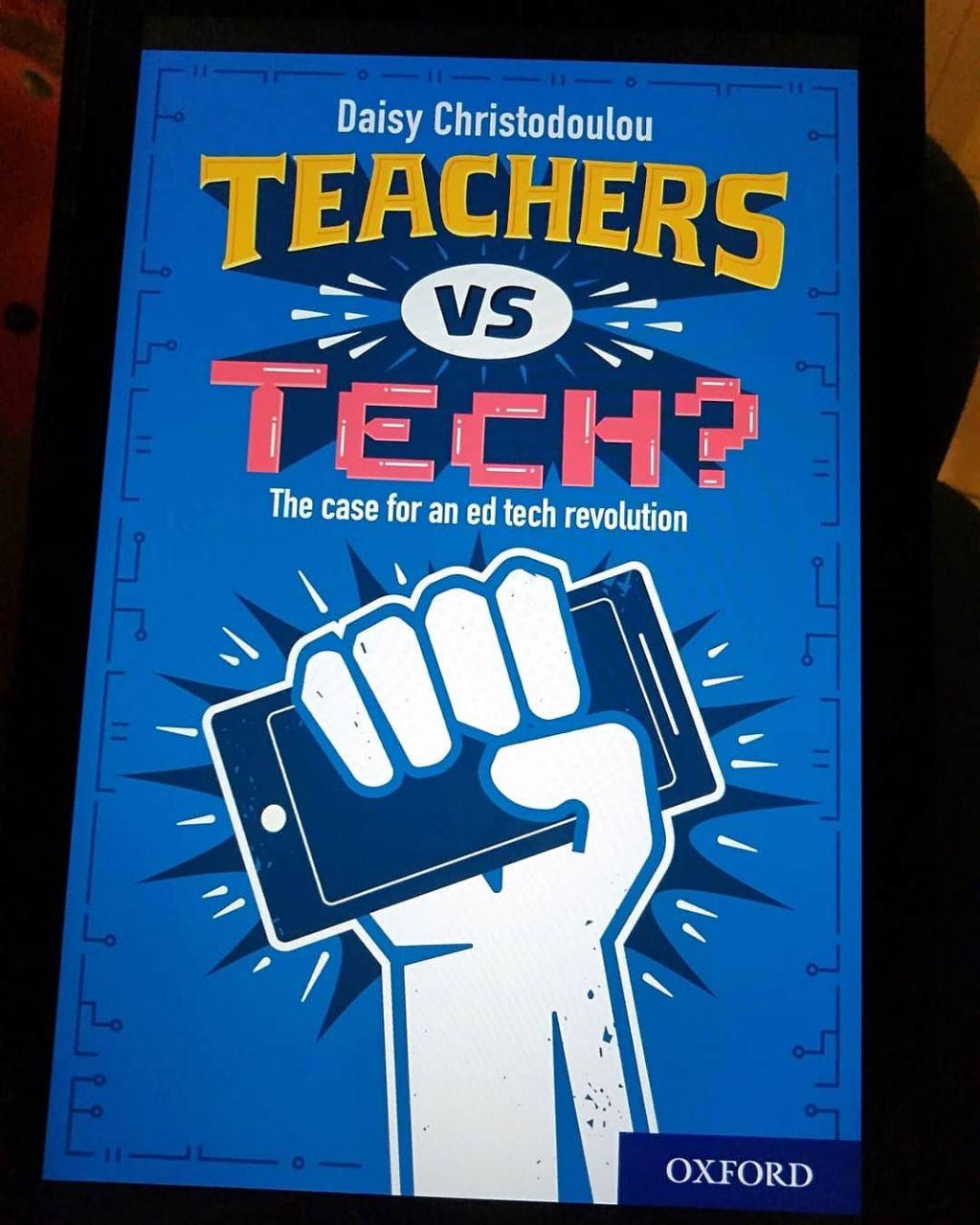My Reading Notes: Teachers vs Tech? The case for an ed tech revolution by Daisy Christodoulou1/19/2021
I'm thankful to start 2021 with Daisy Christodoulou's new book, Teachers vs Tech? The case for an ed tech revolution, published in March 2020 by Oxford University Press. In this post, I like to share my personal notes and reflections on some of the important key points.
Christodoulou, who is the Director of Education at No More Marking and the author of Seven Myths of Education (2014) as well as Making Good Progress? The future of Assessment of Learning (2017) - is also an English language teacher. This has made the book all the more appealing to me. To deliver some of her arguments, she offers lots of examples and anecdotes from classroom experiences that resonate with my own. Of course, there are plenty of examples from other subjects like mathematics and science, too - but it is my belief that many English language teachers would find this aspect of the book helpful in so many ways.
The book's Foreword is written by Paul Kirschner. He ponders on the fact that despite all the hypes that surround it, ed tech doesn't seem to be successful in revamping education in the same ways that previous revolutions like the printing press and the blackboard (or the chalkboard) did. At least not yet. In Kirschner's words: In my working life as an educational psychologist and instructional designer (at the time of writing, over 40 years). I've had to suffer the prophecies and predictions of trend watchers, trend matchers, futurologists, corporations, educational gurus, and eduquacks telling me how information and communication technologies were the next revolution in education. Up until now, these technologies have been little more than expansions of the first two real revolutions. (p. 10)
The questions that we need to ask
The introduction chapter opens with a quote by Thomas Edison from 1913 where he predicted that books will be obsolete and that everything will be taught with "motion picture" in ten years. Echoing Kirschner's sentiment in the Foreword, Christodoulou points at how education today has remained almost similar to how it had been in Edison's time. She writes: "Compared to the change and disruption that technology has brought to practically every other part of our society, education is an outlier" (p. 14). Christodoulou argues that if education does indeed need to change, these are the two fundamental questions that we need to ask: 1) how do humans learn? and 2) what causes learning to happen? The main theme of the book is to find out "the gap between what we know about human cognition, and what often gets recommended in education technology" (p. 22). According to Christodoulou: If we can reconnect both education and technology with the research underpinning them both, there is enormous promise for a genuinely successful revolution. (p. 23)
0 Comments
|

 RSS Feed
RSS Feed